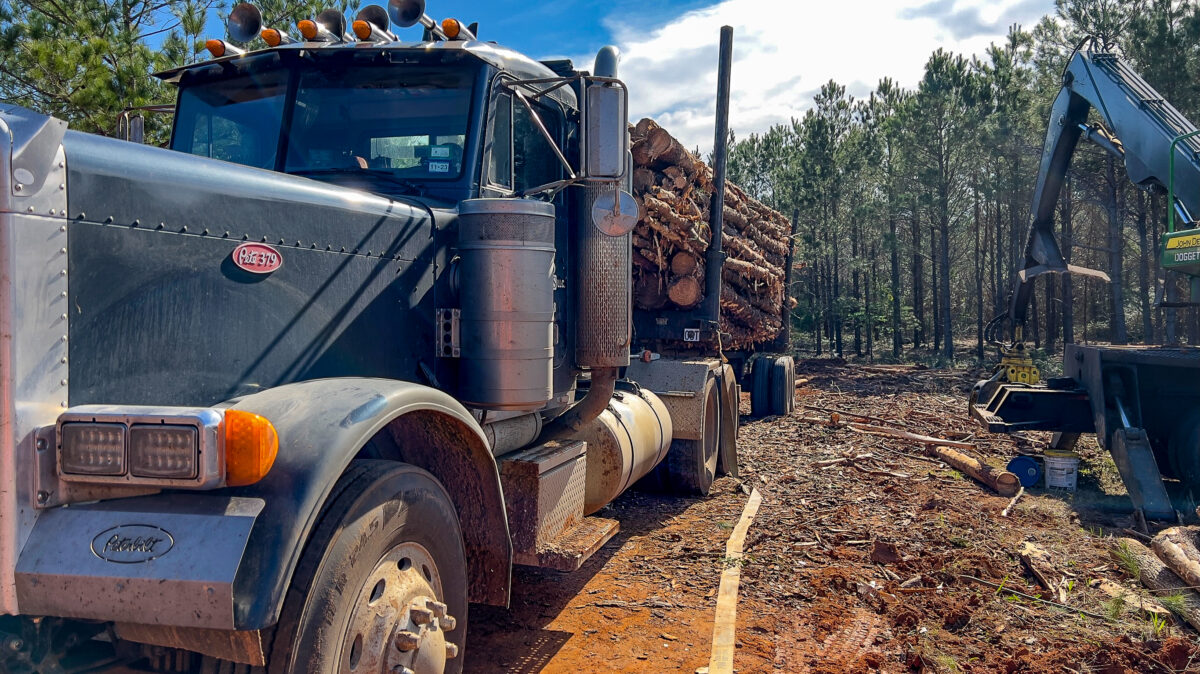New Legislation Would Delay Logging Device Requirements for Drivers
Erin Anthony
Director, Communications

photo credit: AFBF Photo, Mike Tomko
Erin Anthony
Director, Communications
A recently introduced bill would provide a much-needed delay to the problematic electronic logging device mandate for certain drivers, which is set to go into effect in December, according to the American Farm Bureau Federation.
The Farm Bureau-backed ELD Extension Act of 2017 (H.R. 3282) would delay the mandate for two years to allow stakeholders to work with FMCSA to address numerous unresolved issues.
“This delay is necessary to adequately account for costs, allay technology concerns, minimize impacts to livestock and other live animals under our members’ care and allow for the proper training to ensure uniform compliance and enforcement,” AFBF President Zippy Duvall wrote in a letter to the bill’s sponsor, Rep. Brian Babin (R-Texas).
Unless Congress acts, carriers and drivers who are subject to the Federal Motor Carrier Safety Administration’s ELD rule must install and use ELDs by Dec. 18. While most farmers and ranchers should be exempt because they can claim covered farm vehicle status, drivers who haul livestock, live fish and insects are likely to fall under the requirements.
Drivers who have to use ELDs would be limited to current hours of service rules, which restrict a driver to only 14 “on duty” hours, with no more than 11 active driving hours. Once a driver hits those maximum hour allotments, he must stop and rest for 10 consecutive hours, which would be problematic when transporting livestock and other live animals.
The requirements imposed by the mandate would be harmful to both small business owners, who could be forced out of the marketplace, and livestock, which could suffer if they were no longer hauled by highly skilled and trained drivers and stockmen, Duvall wrote.
“Time spent on a truck can be stressful for cattle and other live animals. Unnecessary stops or multiple loads and unloads add additional stress resulting in potential livestock weight loss and increased animal sickness and death,” he said.
Trending Topics
VIEW ALL